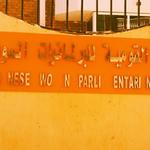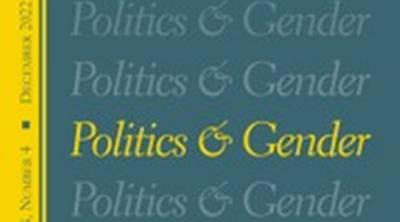When Do Donor Endorsements Help or Hurt? Policy Advocacy and Men's Interests in Malawi
Development organizations seek to improve support for gender reforms, especially among populations who might undermine implementation. Yet, little is known about how policy advocates shape citizens’ views. Using a framing experiment implemented among 1,704 Malawians embedded in the LGPI, we randomly assigned respondents to six groups to receive a control or endorsement of gender quotas or land reform from women’s organizations (WOs) or western donors (WDs). We propose an interest theory of public opinion formation and find that, overall, WOs or WDs are as effective as the control for quotas, but cause backfire effect for land reforms—highly sensitive issues threatening men’s interests. Effects vary most across respondent gender, with messengers generally causing backfire effects among men, but having either no impact or a positive impact among women. Our results extend the governance literature by disaggregating gender issues and questioning whether endorsement-based campaigns improve support among populations with entrenched interests.




